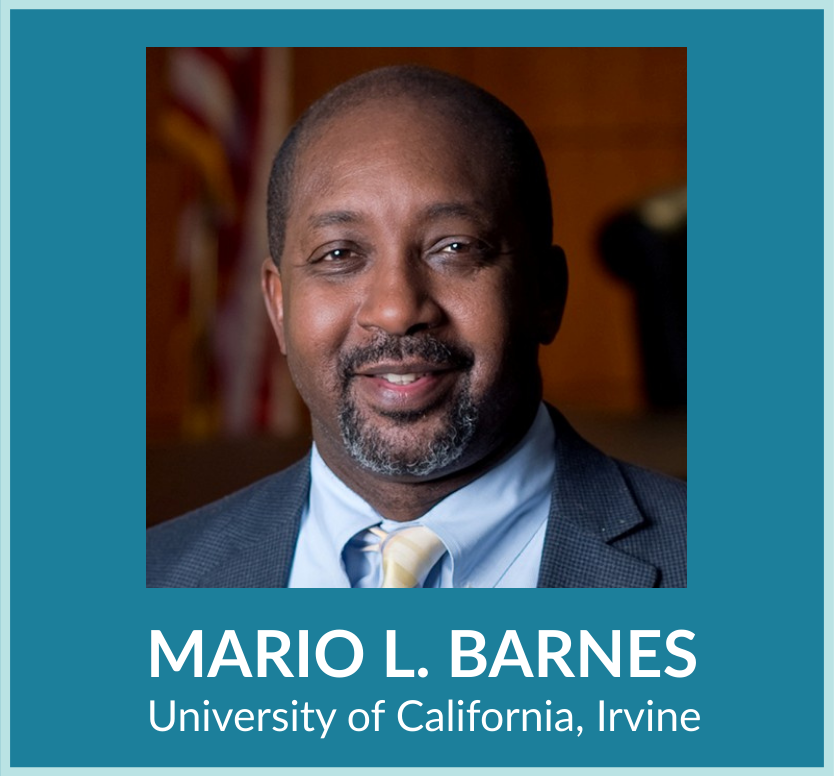
Dear LSA Community,
It is with a great sense of humility that I write my first President’s newsletter message to our community. I have been a member of the Law & Society Association (LSA) since the beginning of my academic career. I feel privileged to have called this my intellectual home for over 20 years and to have been mentored by amazing members, such as KT Albiston, Penny Andrews, Howie Erlanger, Laura Gomez, Kaaryn Gustafson, Michael McCann, Beth Mertz, Laura Beth Nielsen, Carroll Seron, and many others too numerous to name here.
As excited as I am to embark on our shared project of growing and strengthening LSA, my joy for this moment is tempered by a current environment where concerns related to the rule of law and fragility of democracy are undermining the diverse research our membership performs, principled challenges to global conflicts, knowledge production and higher education itself. Without courage and resistance during this moment, we most certainly will be facing new realities in terms of academic freedom and institutional autonomy. From the numerous messages I received prior to the beginning of my term, a significant number of LSA members share these concerns.
LSA has also been affected as an organization by the change in climate. With our partner the American Bar Foundation—where I currently serve as Secretary of the ABF Fellows—LSA was a recipient of a National Science Foundation grant, which supported doctoral and post-doctoral fellowships in law and inequality. NSF has abruptly defunded the fellowship due to a shift in government priorities, even though there was no language in the denial letter specifying the basis to withdraw funds. This defunding, of course, has very real consequences for the individuals currently serving in the fellowships and for LSA’s goals of continuing to diversify the scope of sociolegal research. Of course, the pressing question is: what are we to do?
At our most recent LSA Trustee Board Meeting in May, we considered whether to make a statement as an Association addressing our concerns. Such decisions are often difficult for multiple reasons. For one, it can be challenging to decide the appropriate scope of any statement. Second, as a learned society with an international membership, organizational statements should not narrowly focus on the challenges of only a particular region or country. Some of the issues—adherence to the rule of law and threats to academic freedom—are, however, global concerns. Starting with language originally suggested by former President and recent Trustee, Austin Sarat, the Board voted to endorse the following statement:
Threats to constitutional democracy and the rule of law are escalating in nations around the world. As an international scholarly association, the Law and Society Association fosters the study of legal systems and institutions. We recognize that such developments—whether in the U.S. or globally—pose a serious challenge to the conditions under which scholarly inquiry can thrive. We affirm our commitment to the values of academic freedom, democratic governance, and the rule of law, and we encourage our members to continue their important scholarly work in examining and understanding these pressing issues.
The statement will be posted on the LSA website, but I hope it captures a spirit that will also guide us in our actions. I encourage all of us to search out ways to continue to protect our shared values. For some of us, our teaching and research is the way in which we are best able to document and respond to the problems we see.
For others who are able, I hope you will contribute to organizations attempting to fill the gap for absented research funding. At our Board meeting, all the Trustees in attendance made donations or pledges to LSA. Thank you! My pledge was directed to supporting the defunded LSA/ABF fellowships. I encourage others to join me in this effort.
Finally, I have seen the names of many LSA members in court filings, amici briefs, and e-mail chains supporting formations such as the EDU Coalition, the Critical Legal Collective, and American Association of University Professors (Center for the Defense of Academic Freedom). Please know that your organizing is making a difference—both as a source of resistance and as inspiration. As we continue to explore personal and institutional ways to preserve academic freedom, I will end by reminding us that the only thing necessary for evil to triumph is for good “scholars” to do nothing.
My best,
Mario Barnes, President
Law and Society Association


